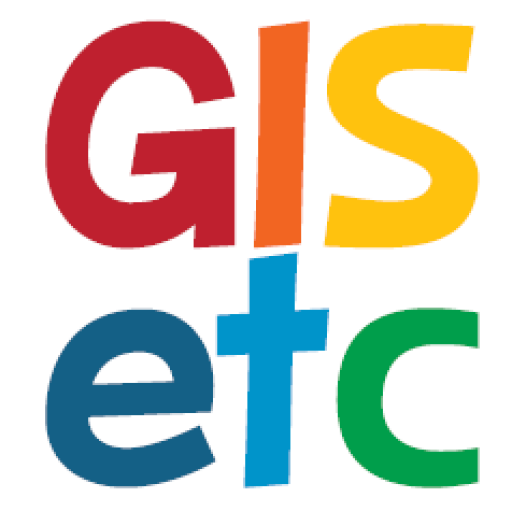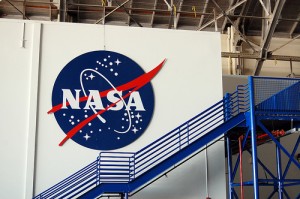Learn fundamentals of these geospatial tools: Geographic Information Systems
(GIS), Global Positioning Systems (GPS) and Remote Sensing by designing a project in south San Francisco tidal salt marsh wetlands using data gathered in these areas.
Instructors: Dr. L. Jean Palmer-Moloney, ESTEC K-12 Director,
Mr. Roger T. Palmer, GISetc educational technology consultants Vice President.
Location: ESTEC facility at NASA Ames Research Park, Moffett Field, California.
Limit: 25 participants.
Target Audience: 5-16 pre-service and in-service teachers from science, technology, and environmental/social studies education.
Class Meeting Times: 8:00 a.m. – 4:00 p.m. Mon – Fri.
Registration: $500 early registration, March 1; $600 regular registration, April 16; $650 registration deadline, May 26. Those taking the workshop for continuing-ed or academic credit through San Jose State University must register for credit through SJSU.
Materials Provided:
- Mapping Our World—ArcGIS lessons for Educators v9.0
A one year time out version of ArcGIS 9.0 for Educators is included as part of Mapping Our World. It is licensed to be loaded on as many computers as needed at one school. - Workshop binder of hands on activities.
- CD’s of local data, classroom projects and national remote sensing tutorials.
Shape files, regional and local imagery for participants with a thorough introduction in finding data in other local areas of interest.
Science Content Standards
- Physical Science (properties of light, color, energy, motion, salinity and density)
- Life Science (ecology, land use, plant animal and nutrient cycles, coastal wetlands restoration)
- Earth Science (land, water, atmosphere interactions, drainage basins, geologic processes, Martian science)
- Investigation and Experimentation (active inquiry based approach to the environment we are studying.)
History/Social Science Content Standards
- Chronological and Spatial Thinking (mapping historical changes to local settings of interest)
- Research, Evidence and Point of View (using maps/images to model inquiry, comparing multiple interests)
- Historical Interpretation (human and physical characteristic of place, cause and effect, land use change)
Mathematics Academic Content Standards
- Measurement and Geometry (calculating distances , areas, and volumes, proportional reasoning)
- Mathematical Reasoning (creating algebraic expressions, observing patterns, calculation estimations)
English-Language Arts Content Standards
- Reading (vocabulary, comprehension of grade-level appropriate texts)
- Writing (journal entries, project report for those interested, communicating with information rich visuals)

